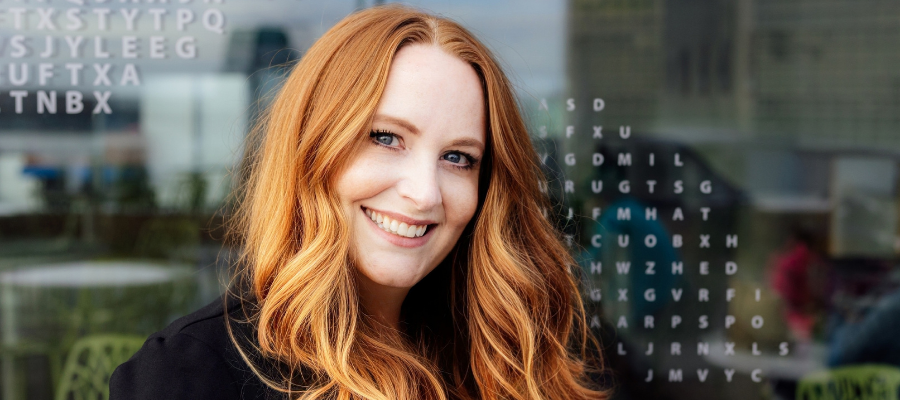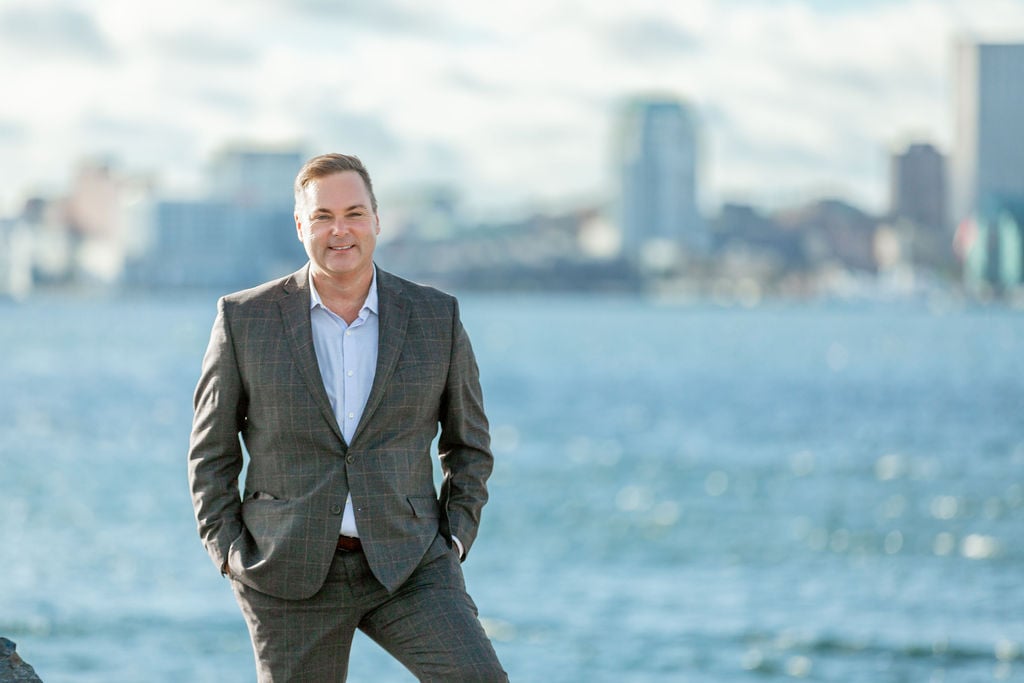Cover Image: Yvette Gagnon recently participated in training hosted by Teepa Snow.
Maintaining our sense of curiosity can lead us to better relationships, better outcomes
Have you ever made an assumption about a person, place, or situation only to find out afterwards that you were completely wrong in what you believed to be true? It could be meeting someone for the first time or an event that you did not want to attend. It could be an outcome of a situation that you found worrisome, only to find out that your perceptions about the situation or person were not accurate at all.
Why do we make assumptions? Is it our need to control a situation or outcome? Is it our biases or beliefs, our sense that we want to be right, or our lack of knowledge? We don’t like it when someone assumes something incorrectly about us, so why do we do this with others?
The reasons are quite complicated and often happen so quickly that we are not even aware of our assumptions. However, if we are aware and reflective of our actions or thoughts, we can see that when we make assumptions about others, we are only seeing things as we see them — not necessarily how others do or how situations truly are.
Being open and curious about ourselves, others, and the world around us is not just for certain professions or the child-like inquisitive mind. It is at the heart of truly being present. It also helps us to understand the world around us, learn new skills, connect with others on a much deeper level, and strengthen relationships.
In business, curiosity is critical in helping companies to stay competitive by being aware of changing and upcoming trends, their customers, and clients’ needs. It encourages innovation to ensure sales and services are always in alignment with current or future demand. Curiosity does not come naturally to some, but it is a trait that can be nurtured and built upon with awareness, knowledge, and skill.
Dementia care is much the same. Whether people are living in the early or the later stages of dementia, it can appear that the person is not interested, being difficult, or not listening. But dementia is caused by many disorders that affect brain function, thus impairing someone’s ability to think, reason, problem-solve, and live independently.
How often do we make assumptions about people, blaming their actions or behaviours on “the disease” or their “personality” only to find out later that our assumptions were completely inaccurate or false? What have we done to contribute to the outcome? Do we know the person’s likes and dislikes? Are they sleep-deprived, or are there medication considerations? Do they have physical or emotional pain they cannot express, or are they in an environment that is not supportive for them? Where do they find comfort?
It is easy to look on the surface and blame the disease or illness on a behaviour or unexpected outcome. But to truly help others, we need to stop the judgement. Commit instead to being curious. Curiosity will always lead us closer to the truth, thus helping each of us to live well — no matter where we are in life.
Yvette Gagnon is a Positive Approach to Care Consultant, Trainer, and a Certified Dementia Care Practitioner. She owns Comforting Companions, a service dedicated to the social and emotional wellbeing of others by providing dementia education/consulting and companion care.
Learn more at:






